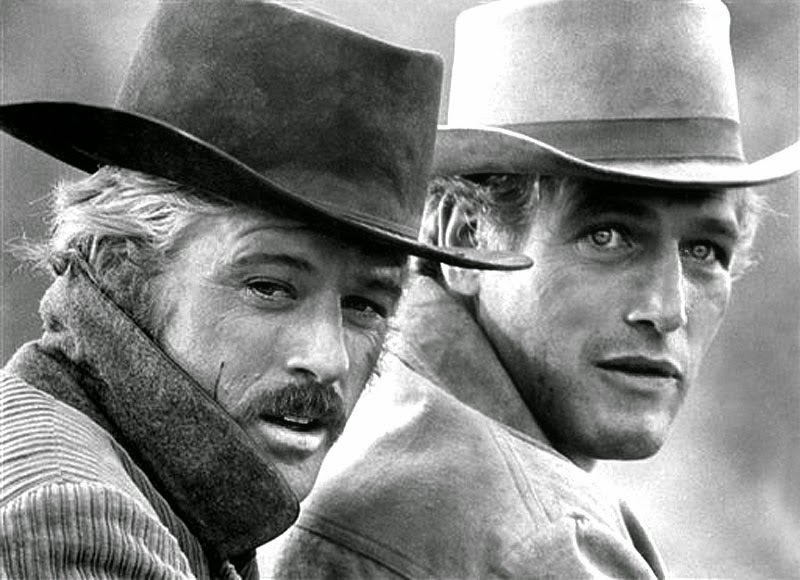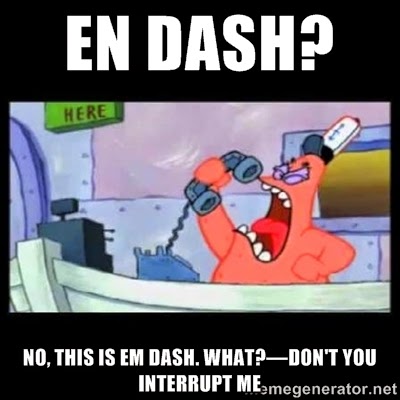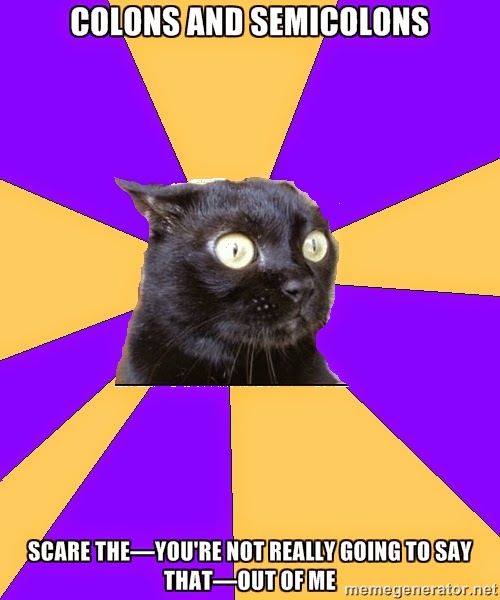
Writers Love ’em. Editors Hate ’em. How To Use ’em
In my last blog, I said I’d take a break from the weird and wonderful and do some updates on my writing series.
Confusion exists among writers on the usage of Em dashes. And what’s the difference between an En dash and an Em dash? They’re the same, right? Nope.
Below is a quick guide to help writers determine how to use the Em dash correctly
The En dash and the Em Dash

The Em Dash is longer than the En Dash. That’s it. That’s the only difference, EXCEPT when, where, and how to use them.
The principal use of the En Dash is to connect numbers and, less often, words.
Example: Her happiest days, 1980–1985, were when she was teaching.
Example: The London–Paris train leaves in ten minutes.
Okay, we got that. So our discussion today focuses on Em Dashes.
A Definition of the Em Dash
The Em dash is used to replace a comma, a colon or a set of parentheses.
-
- It can show an abrupt change in thought or be used where a full stop (period) is too strong and a comma too weak.
- Em dashes are sometimes used to set off summaries, lists, or definitions.

Outlaws of Fiction
I have a sneaky suspicion—nothing concrete—that the use of Em Dashes became a favorite among writers when writers, editors, and publishers outlawed colons and semicolons.
Oh, you didn’t know they outlawed colons and semicolons in fiction? Yes, newbies will get their knuckles severely rapped if we use these hooligans. (And I should know, it’s happened to me…a lot.)
Just look at the following: (Dare I use a colon here?)
There’s a running joke in the fiction world that you only get one semicolon per career, so you need to use it wisely.Marcy Kennedy Grammar For Fiction Writers.
Here is a lesson in creative writing. First rule: Do not use semicolons. They are transvestite hermaphrodites representing absolutely nothing. All they do is show you’ve been to college.― Kurt Vonnegut, A Man Without a Country.
Colons and semicolons have no place on your pages unless absolutely necessary. Fiction is about flow and pace. Colons and semicolons are about brevity, and they interfere with the natural flow of fiction. behlerblog (I thought this was good advice, however, this website no longer exists.)
Yet, long before Vonnegut saw to its modern humiliation, the semi-colon had scores of detractors. By the mid-19th Century, Edgar Allan Poe was already calling for the dash to dethrone it; in the 20th, Gertrude Stein found them showy, while George Orwell unkindly referred to them as “an unnecessary stop”. Cormac McCarthy joined the pile-on in the 21st Century by dismissing them as “idiocy”. — Stephen Carlick
The Exception
As with anything—especially writing fiction—there are exception. And plenty of noted and famous authors use colons and semicolons. I found this quote to be great advice, so I wanted to share it with you.
Punctuation is used for clarity, for emphasis, for rhythm. To deny yourself the use of any punctuation mark is to cut yourself off from an option that might serve your sentence, your scene, or your story.
I’d never tell anyone to always cut out the use of a particular word—for example, don’t eliminate all uses of the word that; some are necessary. In the same way I’d never suggest that a punctuation mark doesn’t have its uses. — Beth Hill , The Editor’s Blog
So there you go. Avoid colons and semicolons except … which clarifies absolutely nothing. But we writers do have Em Dashes. Until we are told that they too have been run out of town and have joined up with Butch Colon and the Sundance Semicolon.
1. Use Em Dashes to insert parenthetical expressions. (We can remove a parenthetical expression from the sentence and it still makes sense.)
Example: Clara—awake most of the night—slouched over the kitchen table and moaned.
2. Use Em Dashes to amplify or explain.
Example: The influence of three famous authors—King, Card, and Hugo—convinced her to become a writer.
3. Use Em Dashes to separate subject from the pronoun.
Example: Bravery—that was the priority he humbly pursued.
More Guidelines
4. Most often the Em Dash is used to indicate sudden breaks—interruptions. (Effective in interrupted dialogue but don’t confuse with trailing off dialogue.)
Interruption Example:
“Well, I don’t know,” Clara said. “I was thinking I might—”
“What the hell were you thinking? You might what…” Joe tried to control his anger and paced in front of the kitchen table.
( Notice in Clara’s dialogue we use an Em Dash because her dialogue is interrupted. Joe’s dialogue, trails off, so we use an ellipsis. I discuss ellipses in another blog post.
Sudden Break Example:
“Someday she’s going to need me and,”—his voice turned icy—”I’ll be gone.”
Interruption In Speaker’s Thoughts:
Will he—can he—really leave without me? Clara wondered.
5. If we used an Em Dash at the end of dialogue to show interruption, we should use a comma inside the quotation marks before the words that identify the speaker.
Example:
“What the hell were you thinking? You might what? Go to—,” Joe said, but Clara slammed the door in his face.
6. We may use an Em Dash with a question mark or an exclamation point, but never a comma (except in dialogue, see #5). And never use an Em Dash with a colon, or a semicolon, and rarely with a period except in endnotes/footnotes/editor’s notes.
Example:
- All at once Clara—can she have been out of her mind?—hauled off and socked Joe in the nose.
- Only if—for Pete’s sake!—you’re lost should you go to the authorities.
Em Dashes vs Colons and Parentheses
Earlier in my blog I said an Em dash could set off lists, summaries, or definitions. However, it’s important to note each of the punctuation marks place a different emphasis on the meaning of the sentence.
Note the examples below.
Colon Example
Oliver found three types of trees: spruce, aspen, and fir.
Parenthesis Example
Oliver found three types of trees (spruce, aspen, and fir).
Em Example
Oliver found three types of trees — spruce, aspen, and fir.
We primarily use the first two examples in formal writing; whereas, the third example is more informal and typically found in novels, short stories, or novellas. Each of the examples places a different emphasis on the list to relay its intent.
- The colon emphasizes the list, making it the point of the sentence.
- Unlike the parentheses, which makes the sentence itself the most important aspect and suggests the list could be eliminated.
- Whereas, the Em dash is informal and indicates an afterthought, an extension, or an aside as if the character paused to think.
Spacing
This is the same conversation we had with ellipses. Some authors use spaces before and after Em dash. However, currently the trend is no space before or after an Em dash.
Example with spaces: Clara — awake most of the night — slouched over the kitchen table and moaned.
Example no spaces: Clara—awake most of the night—slouched over the kitchen table and moaned.
(ProbeNote: Publications—like newspapers and magazines—use spaces before and after the Em dash. I assume this is to facilitate the hurried reader or because their font is too small to make the Em dash recognizable.)
Except for this post, I use a space before and after my Em dashes in my blog posts. I do this because of the black background and size of my font. My readers have told me the spaces make it easier to read. But I do not use spaces in my novels or novellas.
For Mac Users
Here is how you do an En Dash and an Em Dash on an Apple MacBook Pro.
En Dash: OPTION+HYPHEN
Em Dash: OPTION+SHIFT+HYPHEN
Other Types of computers
For Linux, if you have a Compose key: Compose–. (en dash) or Compose— (em dash),
For Windows: Alt+0150 (en dash) or Alt+0151 (em dash)
For iPhones and iPads: hold the – on screen keyboard until a pop up appears with choices including the en dash and em dash. If using an external keyboard use the Mac advice above.
As always, I love hearing your advice and/or suggestions on writing or self-publishing. And if you have a recommendation for the writing series, please comment.
- Urban Legend in the Making - April 22, 2024
- Coghlan’s Traveling Coffin Urban Legend - April 4, 2024
- Richmond Vampire Urban Legend - March 7, 2024



8 replies on “The Em Dash”
Clara, this is a riot! It was my biggest problem with my publisher when I proofed my book… I was using a — , and it would come out as an em dash , an en dash, and sometimes with a space before and after, sometimes not. I actually sent THEM this explanations from the internet and told them to pick one and keep it through the whole manuscript! Thanks for this…now I know how to do it on my mac.
Hi Wendy, Thank you for stopping by and commenting. Your name just went into the magic jar twice since you commented on the Starseed post, also.
My editors kept marking the way I used em dashes and ellipses wrong. The research helped to clarify their use for me.
Glad you found it beneficial.
I think there is much confusion in the industry among authors, editors, and publishers on how to use these two creative tools in fiction. I am currently reading a NY Bestseller, well-known author, he uses em dashes, ellipses, and semicolons wrong. But hey, know what? I don’t think the typical readers notices as long as it doesn’t interrupt the flow. A misspelled word, yes they will notice. An incorrectly used em dash…probably not.
Interesting for sure!!!
From my perspective, em dash-en dash-50 yard dash, it’s all Greek to me! I will continue to go merrily along enjoying my life as a punctuational twit, all the while realizing I could do better but too lazy to do anything about it🧚♀️
Hahahah! Hi Maggye. Love your comment. And you are so right! Only nerdy writers would be fascinated with information on Em and En dashes. Thank you for commenting. —Clara
This is excellent! Such a fresh perspective on the topic. Also I love Kurt Vonnegut. You should see what he had to say about the asterisk!
Awww, yes, Vonnegut’s infamous asterisk ***. Or, is it really an asterisk? Maybe we need to get tattoos with Vonnegut’s asterisk. Then we can flash it at inconsiderate people. Thank you for commenting Andrew. Makes me laugh every time I think of it.
Great advice!!!
Carla— Yeah, I think Em dashes are a touchy subject for writers and editors. Thank you for stopping by and commenting. I sure appreciate it. —Clara